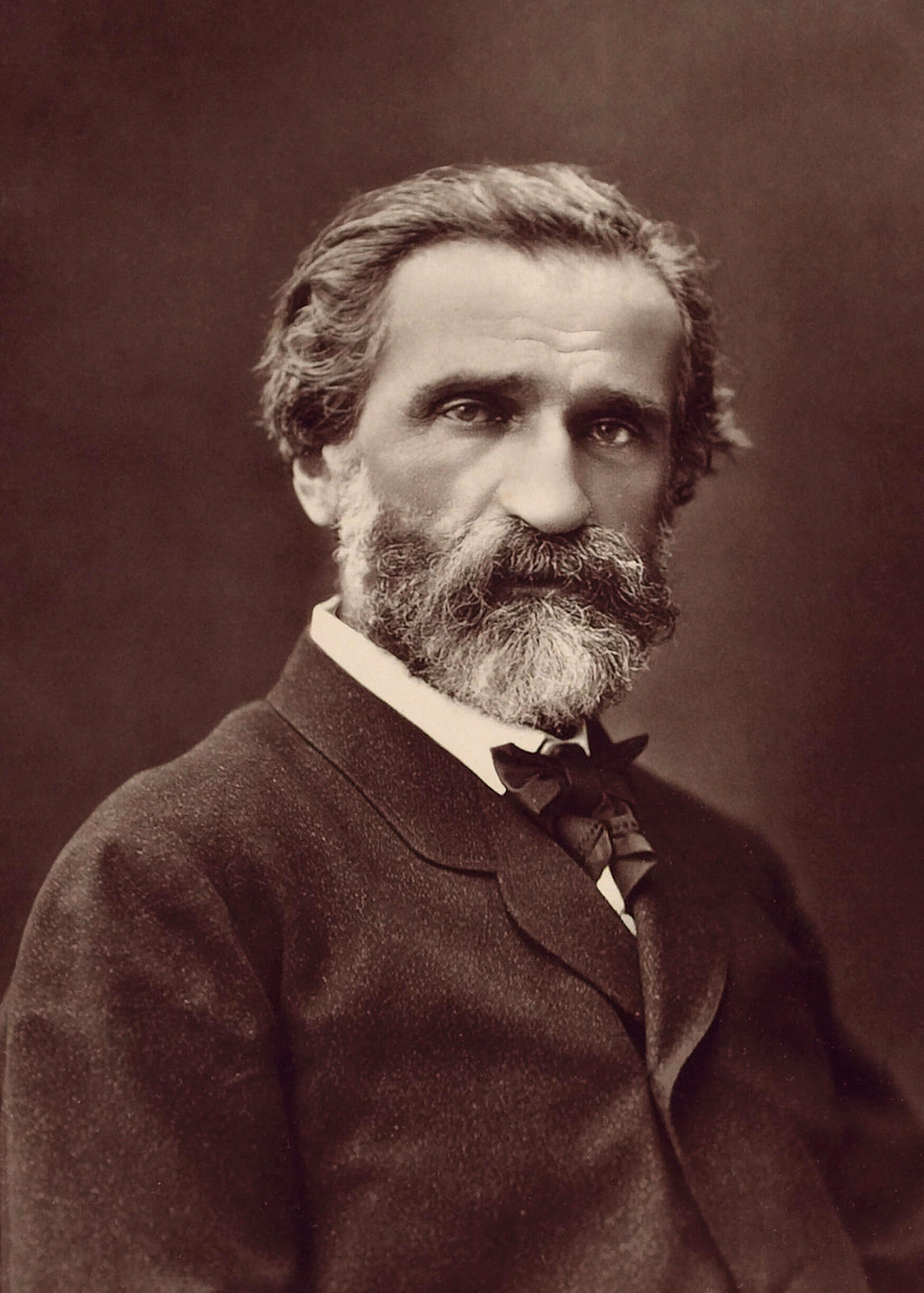
In 1832, Giuseppe Verdi was rejected when applying to the Milan Conservatory, which was later named after him.
This episode from Verdi's early life is often mentioned as one of the most interesting and significant moments in his biography. At the time, he was a young, ambitious musician from the small town of Busseto in northern Italy. His talent was recognized by local patrons, including the benefactor Antonio Barezzi, who encouraged him to apply to the prestigious Milan Conservatory, considered an important center for music and opera.
However, his application was rejected. The reasons for this refusal are still debated, but modern sources point to two main factors. First, Verdi was older than the typical age for applicants—he was already 18 at the time. Second, his piano-playing technique did not meet the conservatory’s standards, despite his evident talent as a composer.
This failure did not break Verdi. He remained in Milan and continued private studies under Vincenzo Lavigna, a respected composer and former répétiteur at La Scala. Lavigna introduced Verdi to the world of opera and helped him develop his skills, laying the foundation for his outstanding career.
This episode in Verdi's life became an example of how early failures did not hinder his perseverance and ultimate success. Ironically, the same conservatory that had rejected him was later renamed the Giuseppe Verdi Conservatory, highlighting his immense contribution to the world of music and Italian opera.

